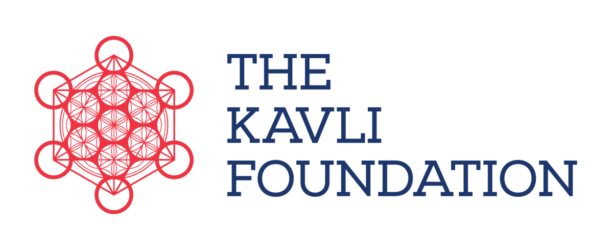From Asteroids to Black Holes: Data Science for Next-Generation Time Domain Astronomy
Astrophysics Colloquium
Apr 22, 2021 – 11:00 am to 12:00 pm
Astrophysics Colloquium
Speaker
Daniela Huppenkothen (University of Washington) via zoom https://stanford.zoom.us/j/423773826
Zoom info: https://stanford.zoom.us/j/423773826
Across almost all scientific disciplines, the instruments that record our experimental data and the methods required for storage and data analysis are becoming increasingly sophisticated. This has been particularly true for astronomy, where current instruments like NuSTAR and ZTF, and future telescopes like the Rubin Observatory and Athena produce data sets of a size and complexity that are difficult to make sense of with traditional methods. In this talk, I will focus on recent research on time series in astronomy and present examples of how we can use modern statistical and machine learning methods to help us explore and understand the physical processes underlying a diverse range of phenomena, from the composition and shape of asteroids to the physics of matter falling into black holes. I will show how in the future, these new methods and tools will help us make sense of data sets across all wavelengths.
However, simply adopting new methods is not enough. Many of the most significant challenges are social, rather than simply technical: how do we enable collaboration across fields? How do we cut through discipline-specific jargon? How do we build data science communities that are innovative and inclusive? I will discuss some of the community-building aspects of this emerging field of research, and show how community building serves as a pre-requisite for, and driver of, scientific innovation.
